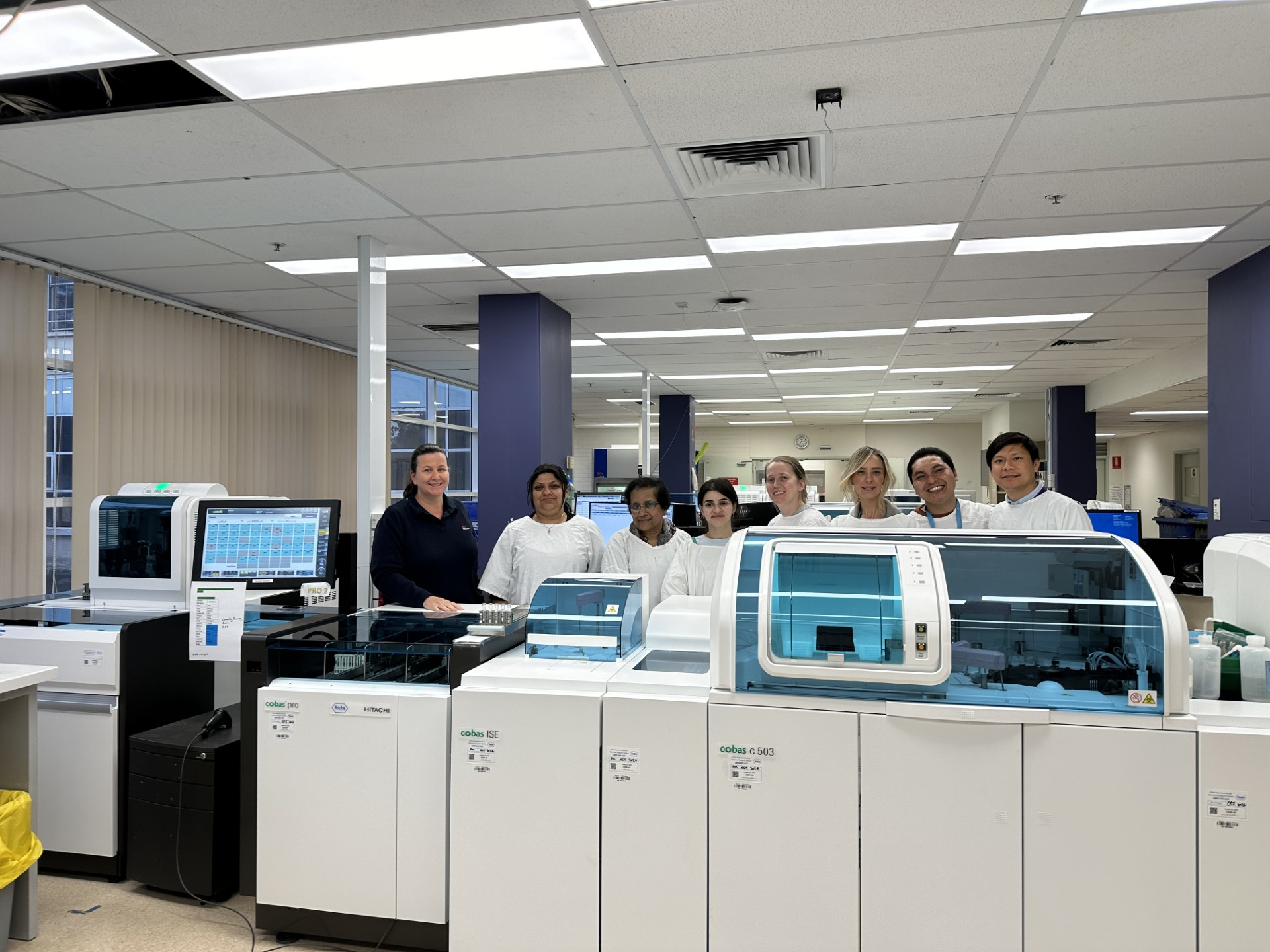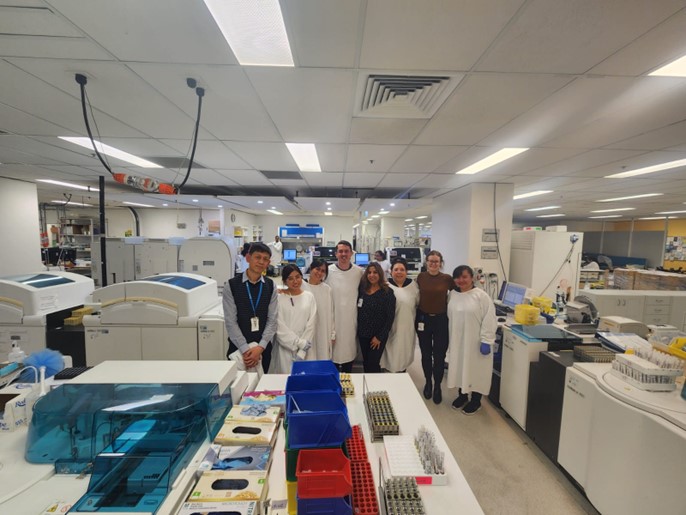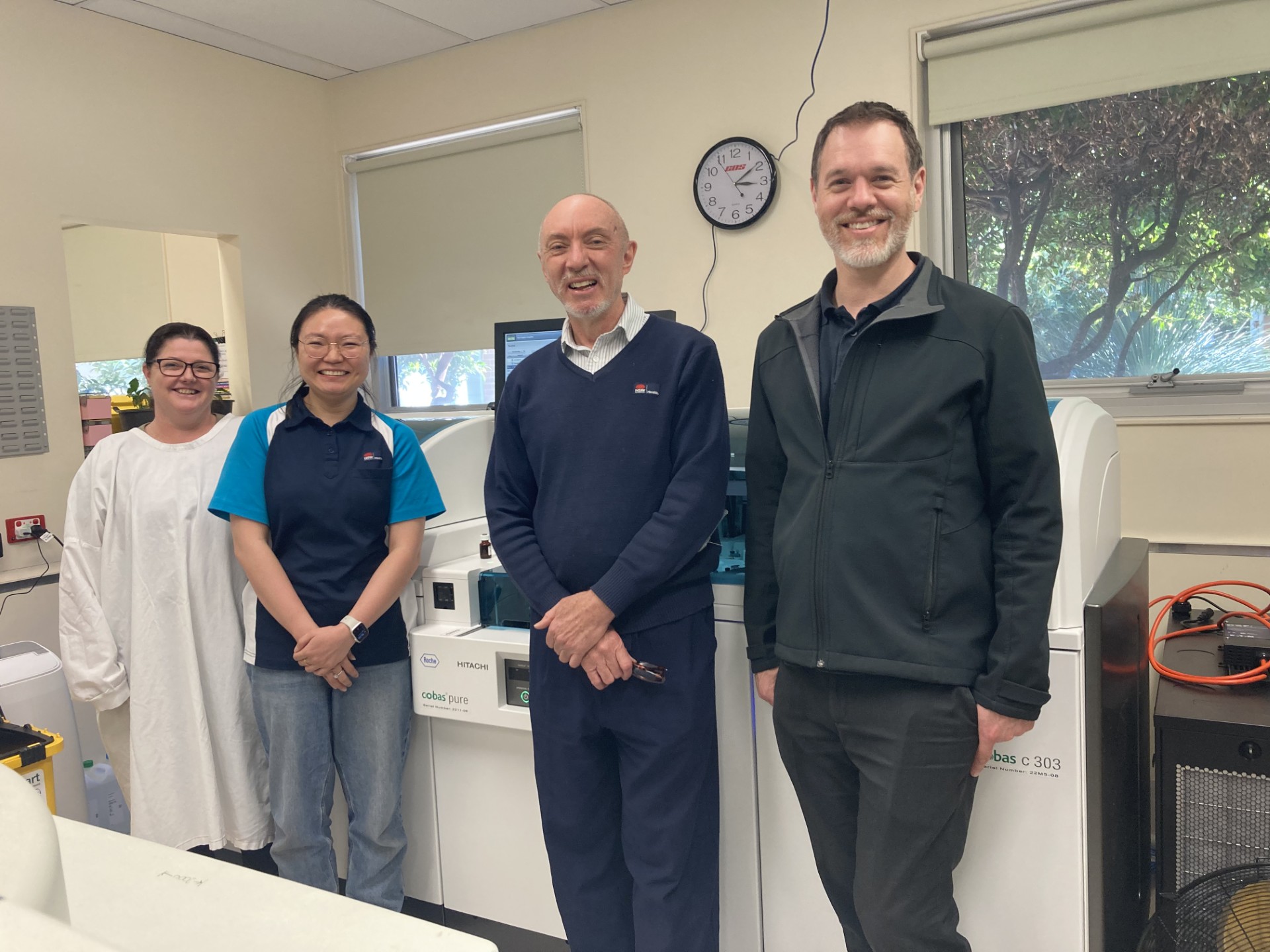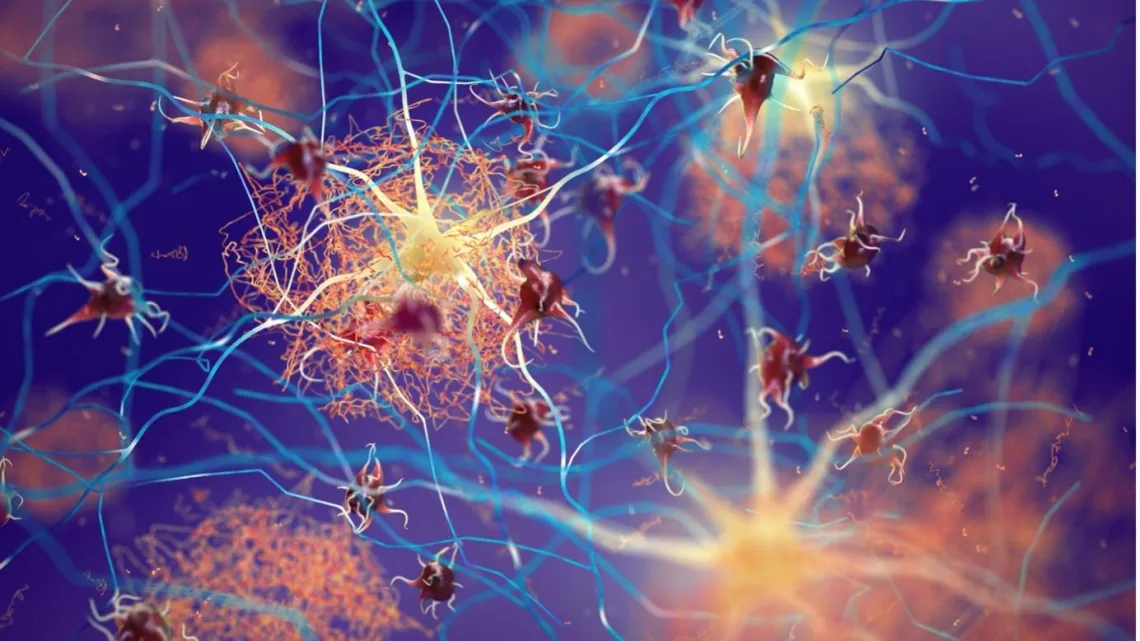Did you know that a small creature found along the eastern coast of Australia can be deadly? With its bite, it can harm humans and pets, trigger a red-meat allergy, and even spread a life-threatening disease.
Meet Ixodes holocyclus, also known as the Australian Paralysis Tick.
From September to December, you’re most likely to encounter it in its most dangerous form.
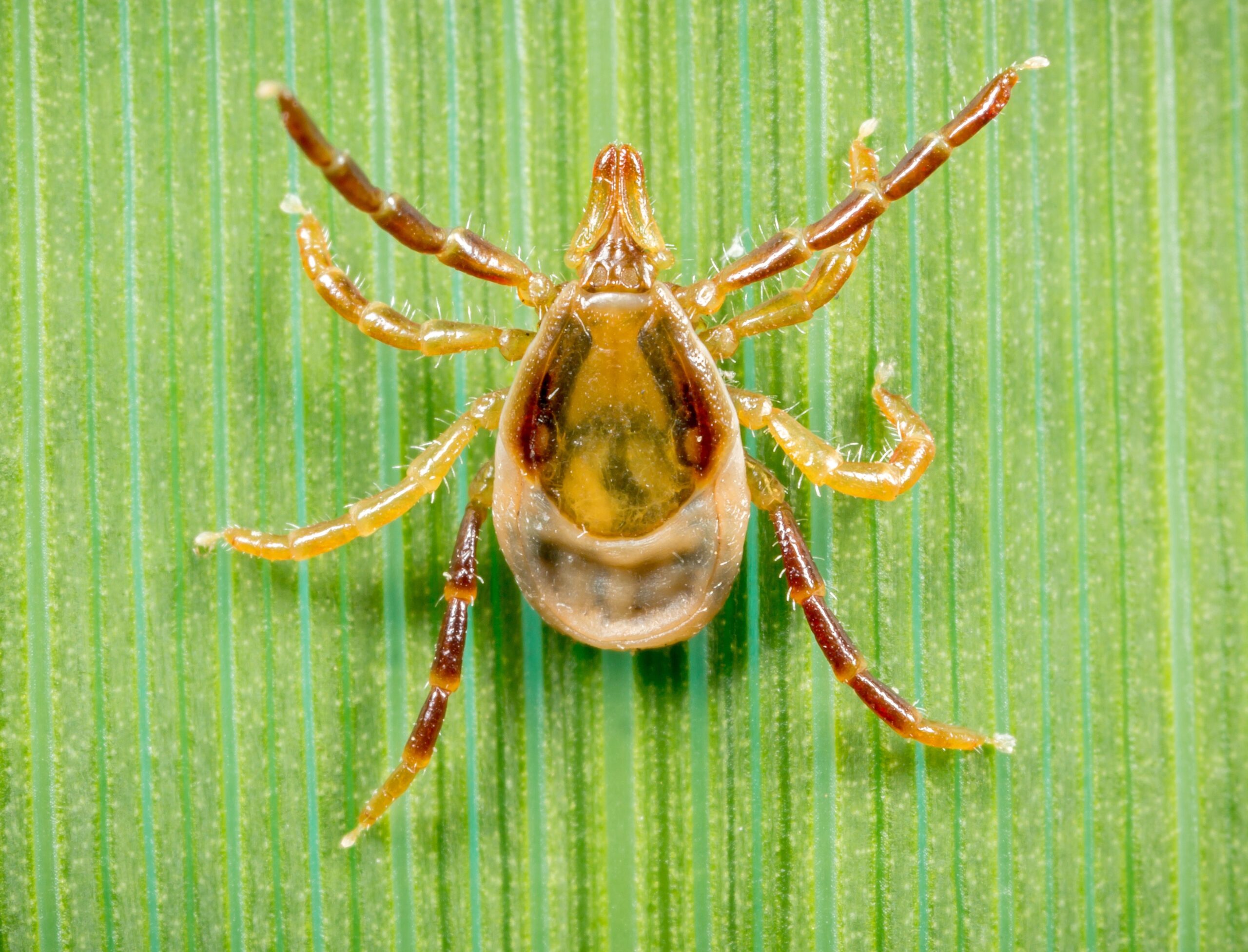
The paralysis tick is often encountered by people exploring the Australian bush, especially in moister coastal forests. It has four stages: egg, tiny six-legged larvae (known as the ‘seed’ or ‘grass’ tick), eight-legged nymph, and eight-legged adult.
The 1mm-long larval stage is most active in autumn, the 2mm nymph in winter, and the 4mm adult in spring. Since the adult is larger, it poses the greatest risk.
When a tick bites, it inserts needle-like mouthparts and injects venom in its saliva. If left attached, this can lead to paralysis, and in the past, has even caused fatalities. Repeated bites can lead to severe allergic reactions, including life-threatening anaphylaxis.
Ticks can also transmit a compound called alpha-gal, which can make you allergic to red meat from animals like cows, pigs, and sheep. Symptoms of this allergy can include stomach aches, bloating, vomiting, and diarrhea.
Ticks are also known to transmit Rickettsia, a bacterial organism treatable with antibiotics. If you develop a fever, rash, or other symptoms following a tick bite, consult your doctor immediately.
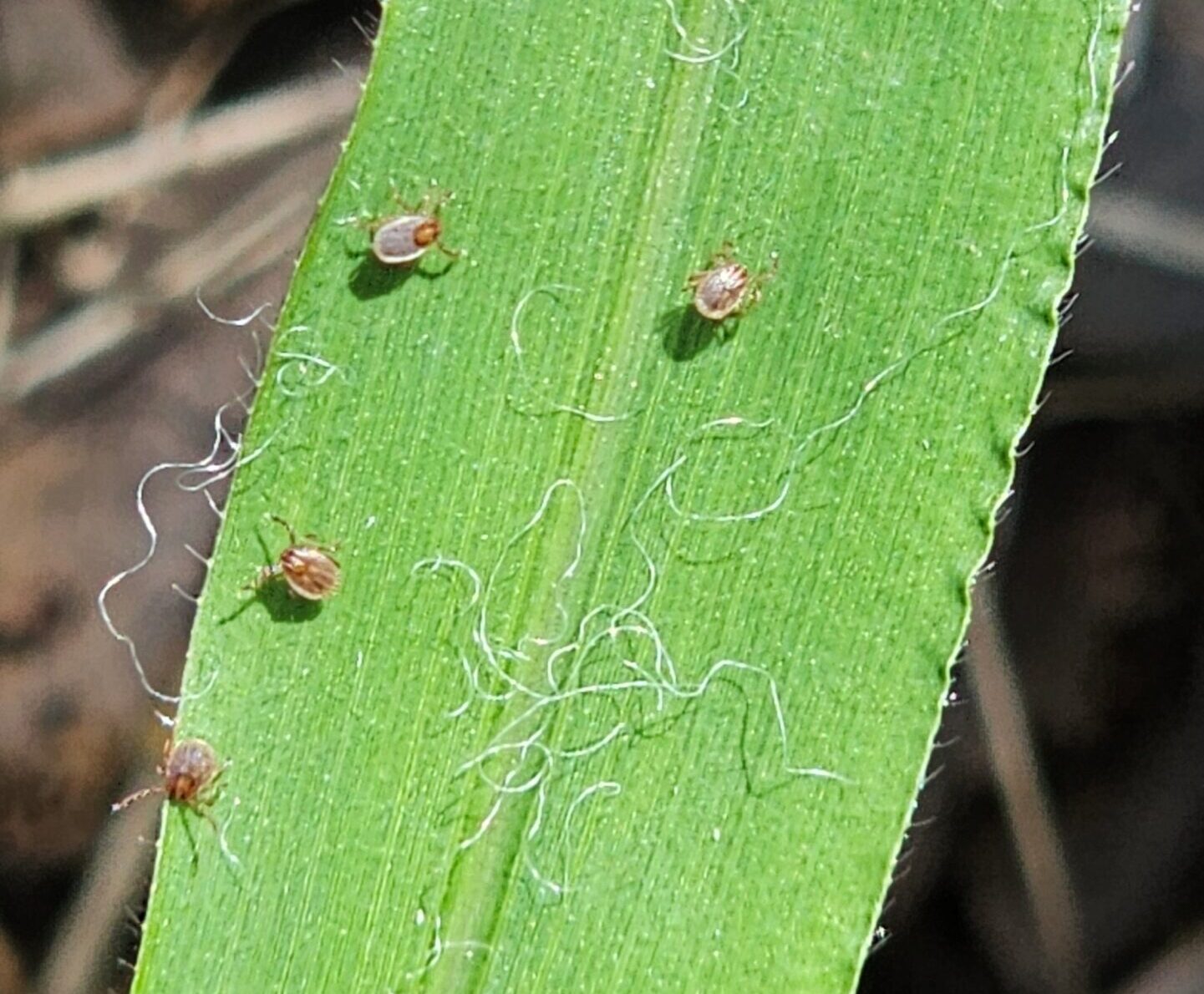
How can you avoid the paralysis tick?
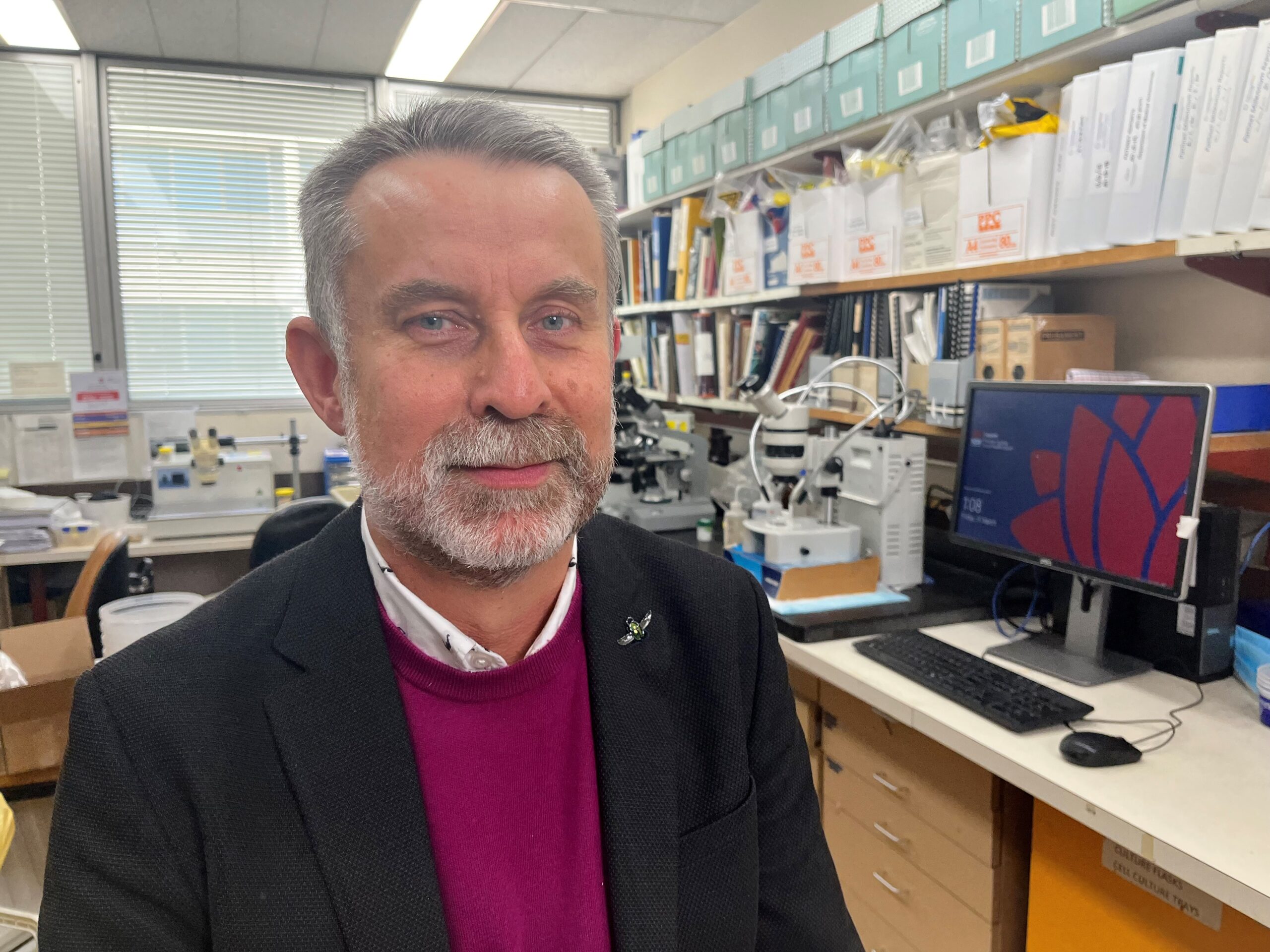
Stephen Doggett, Director of Medical Entomology at NSW Health Pathology, recommends avoiding tick-prone areas, especially after rain, when ticks are most active.
If you do venture into these areas, apply a repellent with DEET, picaridin, or oil of lemon eucalyptus. Follow reapplication instructions and any safety precautions. Wearing clothing treated with permethrin, which can be done with store-bought kits or pre-treated clothing, adds extra protection.
When you return home, remove clothing, and place into a hot dryer cycle to kill any ticks that may still be present. Carefully inspect yourself and your children for any signs of ticks.
What should you do if you find a tick?
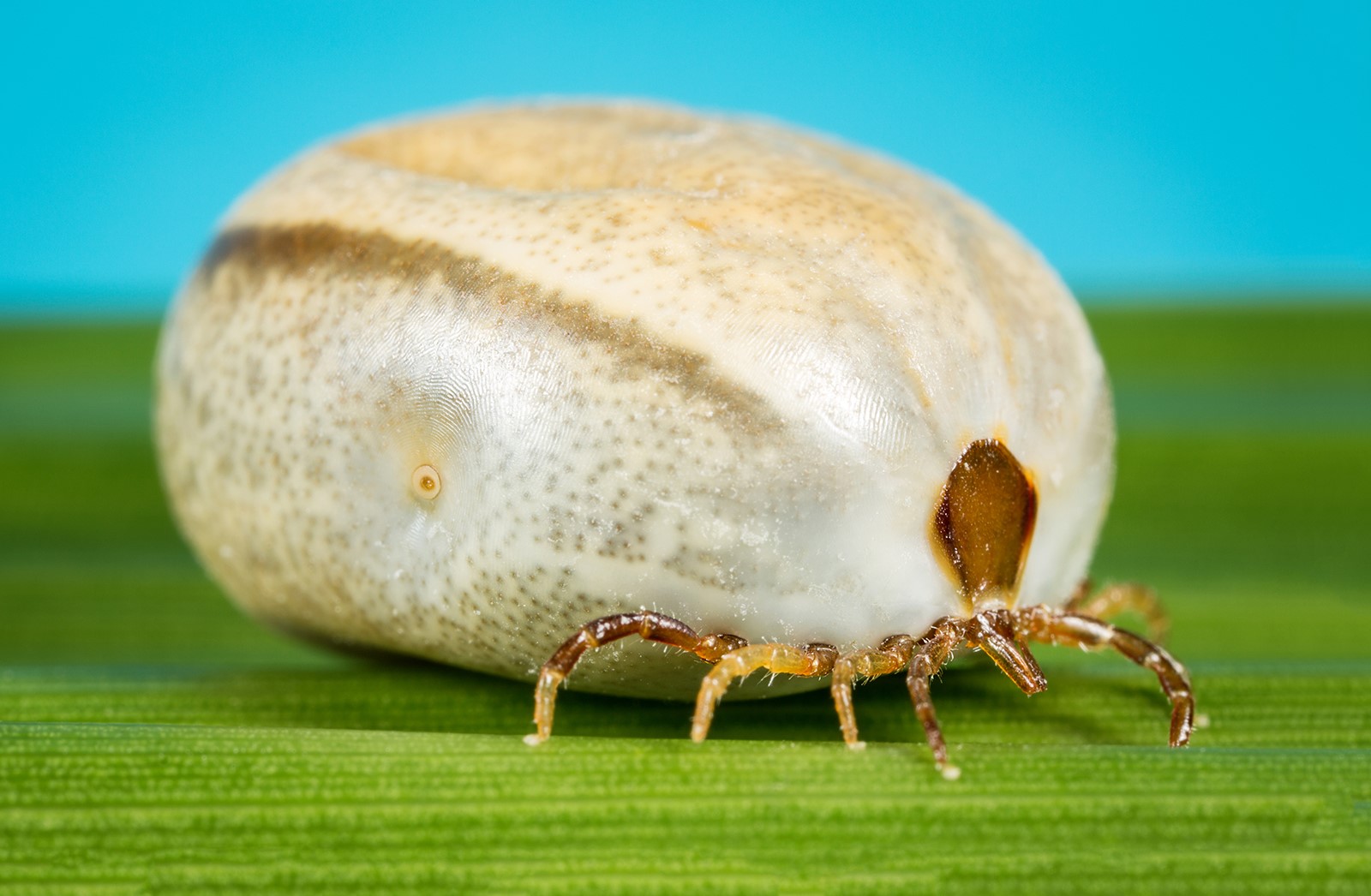
Avoid touching it or pulling it out with tweezers, as this can cause it to inject more venom (remember, tweezers are tick squeezers!). Instead, kill the tick while it’s still attached by dabbing it with a permethrin-based cream or spraying it with an ether-based spray used for treating warts, both available over the counter at pharmacies.
If you have a severe allergic reaction, it’s best to see your GP, who can safely treat the tick and ensure your wellbeing.
Stay tick-safe and enjoy your time in the bush with peace of mind!
Want more information? Check out the NSW Health website.


